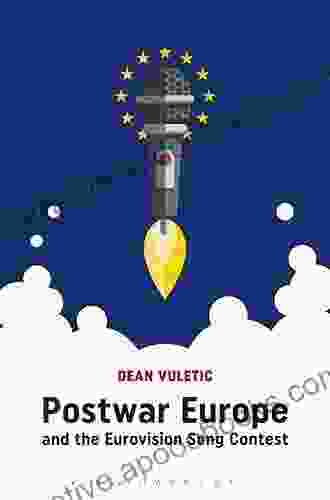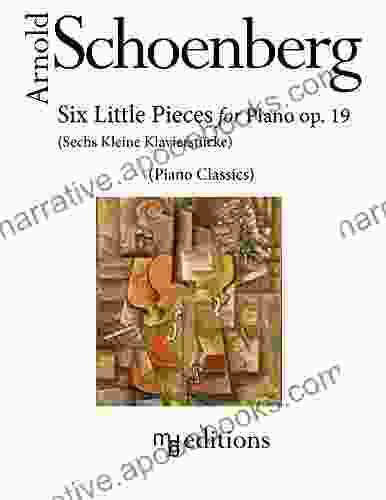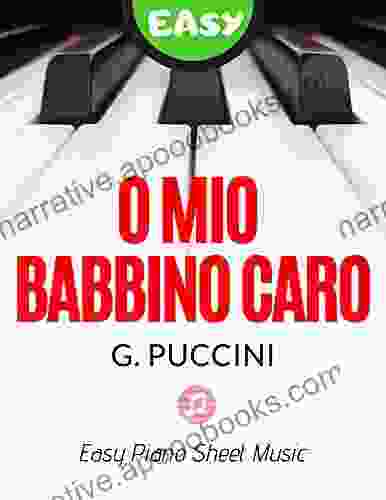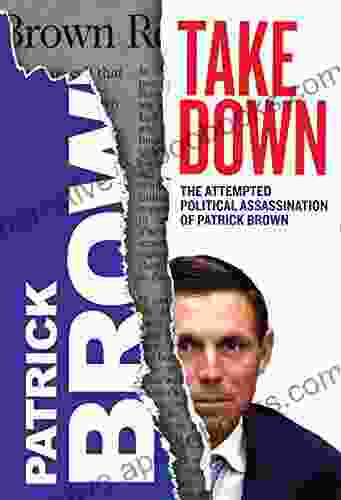Postwar Europe and the Eurovision Song Contest: A Journey Through Music, Politics, and Identity

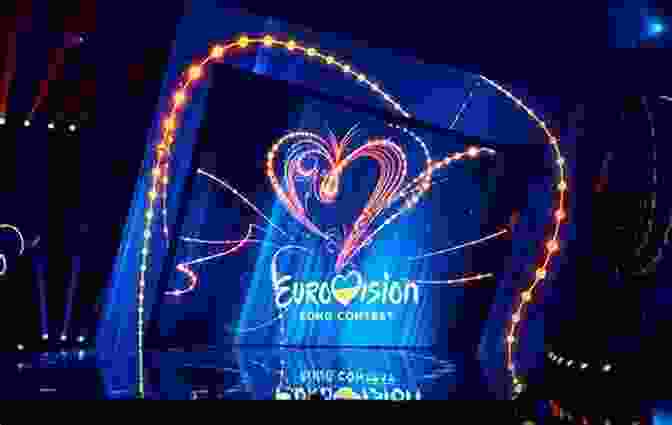
In the aftermath of World War II, Europe emerged from the shadows of conflict, grappling with questions of identity, unity, and reconciliation. Amidst this transformative era, the Eurovision Song Contest (ESC) emerged as a beacon of hope, laughter, and a shared passion for music. This in-depth article will delve into the captivating world of postwar Europe and explore the profound impact of the ESC on its cultural and political landscape.
4.4 out of 5
| Language | : | English |
| File size | : | 3878 KB |
| Text-to-Speech | : | Enabled |
| Screen Reader | : | Supported |
| Enhanced typesetting | : | Enabled |
| Word Wise | : | Enabled |
| Print length | : | 272 pages |
| X-Ray for textbooks | : | Enabled |
Birth of the Eurovision Song Contest
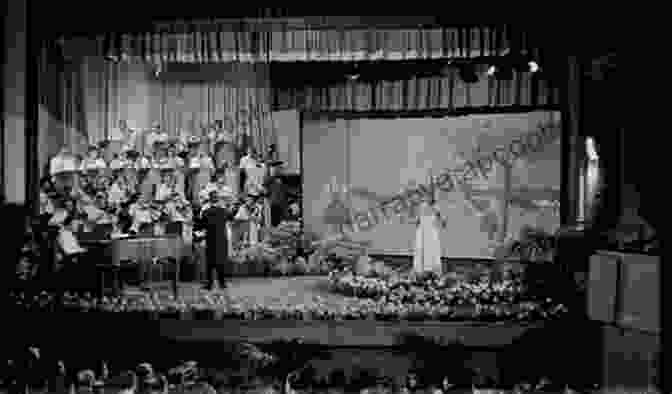
The genesis of the Eurovision Song Contest can be traced back to the visionary ideas of the European Broadcasting Union (EBU). In 1955, amidst the Cold War's escalating tensions, the EBU sought to create a platform that would foster unity and collaboration among European nations. Inspired by the success of the Sanremo Music Festival in Italy, the EBU conceived the Eurovision Song Contest as a friendly competition where countries could showcase their musical talents and celebrate their cultural diversity.
The inaugural ESC took place on May 24, 1956, in Lugano, Switzerland. Seven countries participated, each sending a single song to represent their nation. The winning song, "Refrain" performed by Lys Assia of Switzerland, set the tone for future contests, capturing the hearts of audiences with its optimistic lyrics and catchy melody.
Music, Identity, and National Pride

The Eurovision Song Contest quickly became a beloved tradition, eagerly anticipated by millions of Europeans. The annual event provided a unique stage for nations to express their artistic identities, showcase their musical heritage, and compete for the coveted trophy.
For many countries, the ESC became a symbol of national pride and a vehicle for cultural diplomacy. Winning songs often became anthems that celebrated the country's values, traditions, and aspirations. For example, Sweden's triumph in 1974 with the song "Waterloo" by ABBA not only catapulted the band to global stardom but also boosted Swedish national pride.
Political Tensions and Cultural Bridges
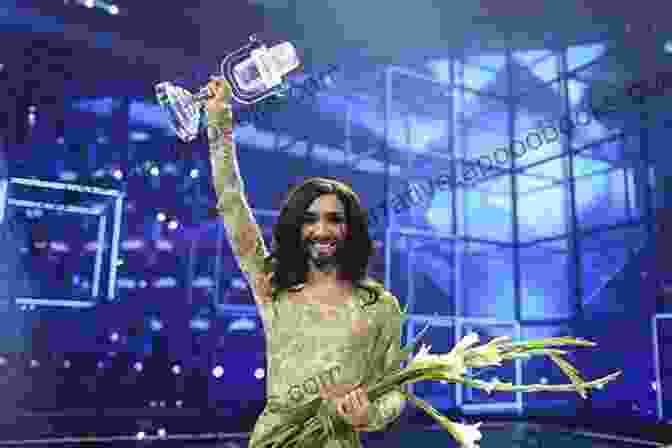
Despite its mission of unity, the Eurovision Song Contest could not escape the political realities of postwar Europe. The Cold War's ideological divide often cast a shadow over the competition, with countries sometimes using the stage to send veiled messages or express political sentiments.
However, the ESC also played a crucial role in bridging cultural divides. In 1961, the first-ever participation of communist Yugoslavia marked a significant step towards reconciliation between East and West. Similarly, the contest provided a platform for the expression of minority languages and cultures, promoting linguistic diversity and cultural exchange.
Transforming European Identity
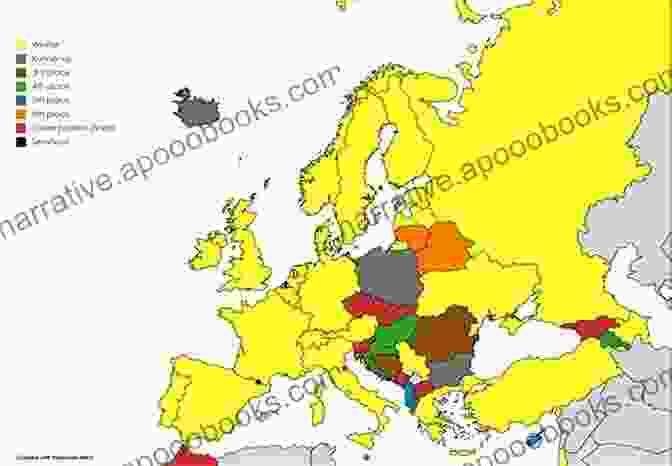
Over the decades, the Eurovision Song Contest evolved into more than just a music competition. It became an integral part of European identity, shaping cultural norms, popularizing new music genres, and fostering a sense of commonality among diverse nations.
The ESC's global reach expanded with the inclusion of non-European countries, such as Australia and Israel, further solidifying its role as a symbol of cultural diversity and unity. The contest became a platform for emerging artists to gain international recognition, launching the careers of stars such as Céline Dion, Julio Iglesias, and Johnny Logan.
The Eurovision Song Contest emerged from the ashes of postwar Europe as a beacon of hope, unity, and reconciliation. Through its captivating performances, memorable songs, and political undercurrents, the ESC has played a transformative role in shaping European identity and fostering a sense of shared culture.
As the contest continues to evolve in the 21st century, its legacy as a testament to the power of music to transcend boundaries and bring people together endures. The Eurovision Song Contest remains a beloved tradition that celebrates the rich diversity and unwavering spirit of Europe and beyond.
4.4 out of 5
| Language | : | English |
| File size | : | 3878 KB |
| Text-to-Speech | : | Enabled |
| Screen Reader | : | Supported |
| Enhanced typesetting | : | Enabled |
| Word Wise | : | Enabled |
| Print length | : | 272 pages |
| X-Ray for textbooks | : | Enabled |
Do you want to contribute by writing guest posts on this blog?
Please contact us and send us a resume of previous articles that you have written.
 Book
Book Novel
Novel Page
Page Chapter
Chapter Text
Text Story
Story Genre
Genre Reader
Reader Library
Library Paperback
Paperback E-book
E-book Magazine
Magazine Newspaper
Newspaper Paragraph
Paragraph Sentence
Sentence Bookmark
Bookmark Shelf
Shelf Glossary
Glossary Bibliography
Bibliography Foreword
Foreword Preface
Preface Synopsis
Synopsis Annotation
Annotation Footnote
Footnote Manuscript
Manuscript Scroll
Scroll Codex
Codex Tome
Tome Bestseller
Bestseller Classics
Classics Library card
Library card Narrative
Narrative Biography
Biography Autobiography
Autobiography Memoir
Memoir Reference
Reference Encyclopedia
Encyclopedia Dan Merkur
Dan Merkur Allison Stanger
Allison Stanger David Mura
David Mura Alice S Rossi
Alice S Rossi Alobeda S
Alobeda S Iain Murray
Iain Murray Mac Lethal
Mac Lethal Diane Serviss
Diane Serviss Cade Wood
Cade Wood Alison Ragsdale
Alison Ragsdale Alida Quittschreiber
Alida Quittschreiber William Wycherley
William Wycherley Christian Pascale
Christian Pascale Alison Mcqueen Tokita
Alison Mcqueen Tokita William Mccurrach
William Mccurrach Andy Smarick
Andy Smarick Allison Harris
Allison Harris Laurent Gounelle
Laurent Gounelle Eric Meyer
Eric Meyer Rick Rossano
Rick Rossano
Light bulbAdvertise smarter! Our strategic ad space ensures maximum exposure. Reserve your spot today!
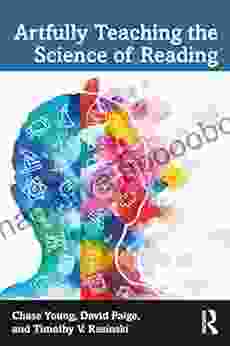
 Xavier BellArtfully Teaching the Science of Reading: A Comprehensive Guide to Teaching...
Xavier BellArtfully Teaching the Science of Reading: A Comprehensive Guide to Teaching... Luke BlairFollow ·19.4k
Luke BlairFollow ·19.4k Randy HayesFollow ·17.7k
Randy HayesFollow ·17.7k Jacob FosterFollow ·11.3k
Jacob FosterFollow ·11.3k Colton CarterFollow ·5.4k
Colton CarterFollow ·5.4k Dominic SimmonsFollow ·14.2k
Dominic SimmonsFollow ·14.2k Trevor BellFollow ·5.2k
Trevor BellFollow ·5.2k Tennessee WilliamsFollow ·12k
Tennessee WilliamsFollow ·12k Colin RichardsonFollow ·15.5k
Colin RichardsonFollow ·15.5k
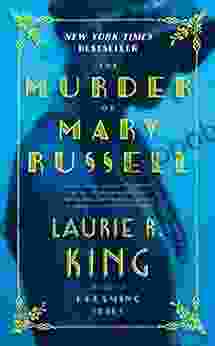
 F. Scott Fitzgerald
F. Scott FitzgeraldUnravel the Enigmatic Murder of Mary Russell: A...
Prologue: A Grisly Discovery In the...

 Connor Mitchell
Connor MitchellLittle Quilts: Gifts from Jelly Roll Scraps
Embrace the Art...
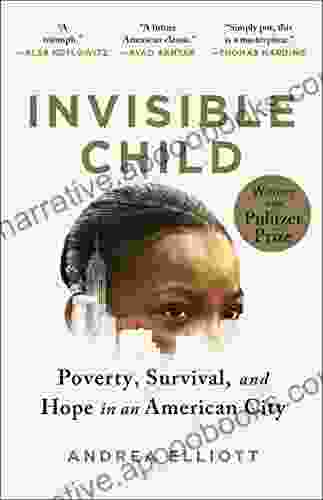
 Harold Powell
Harold PowellPoverty Survival Hope In An American City: A Pulitzer...
A testament to the resilience of the human...
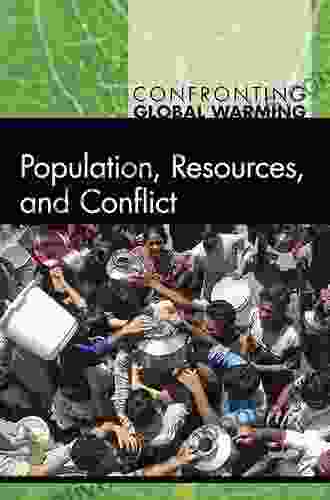
 Ray Blair
Ray BlairConfronting Global Warming: Population, Resources, and...
Global warming is one of the most pressing...

 Gary Cox
Gary CoxStyle Your Most Authentic Self and Cultivate a Mindful...
Unlock Your True...

 Caleb Long
Caleb LongEmbark on a Colorful Patchwork Adventure: Discover 20 To...
Step into the captivating world of...
4.4 out of 5
| Language | : | English |
| File size | : | 3878 KB |
| Text-to-Speech | : | Enabled |
| Screen Reader | : | Supported |
| Enhanced typesetting | : | Enabled |
| Word Wise | : | Enabled |
| Print length | : | 272 pages |
| X-Ray for textbooks | : | Enabled |


